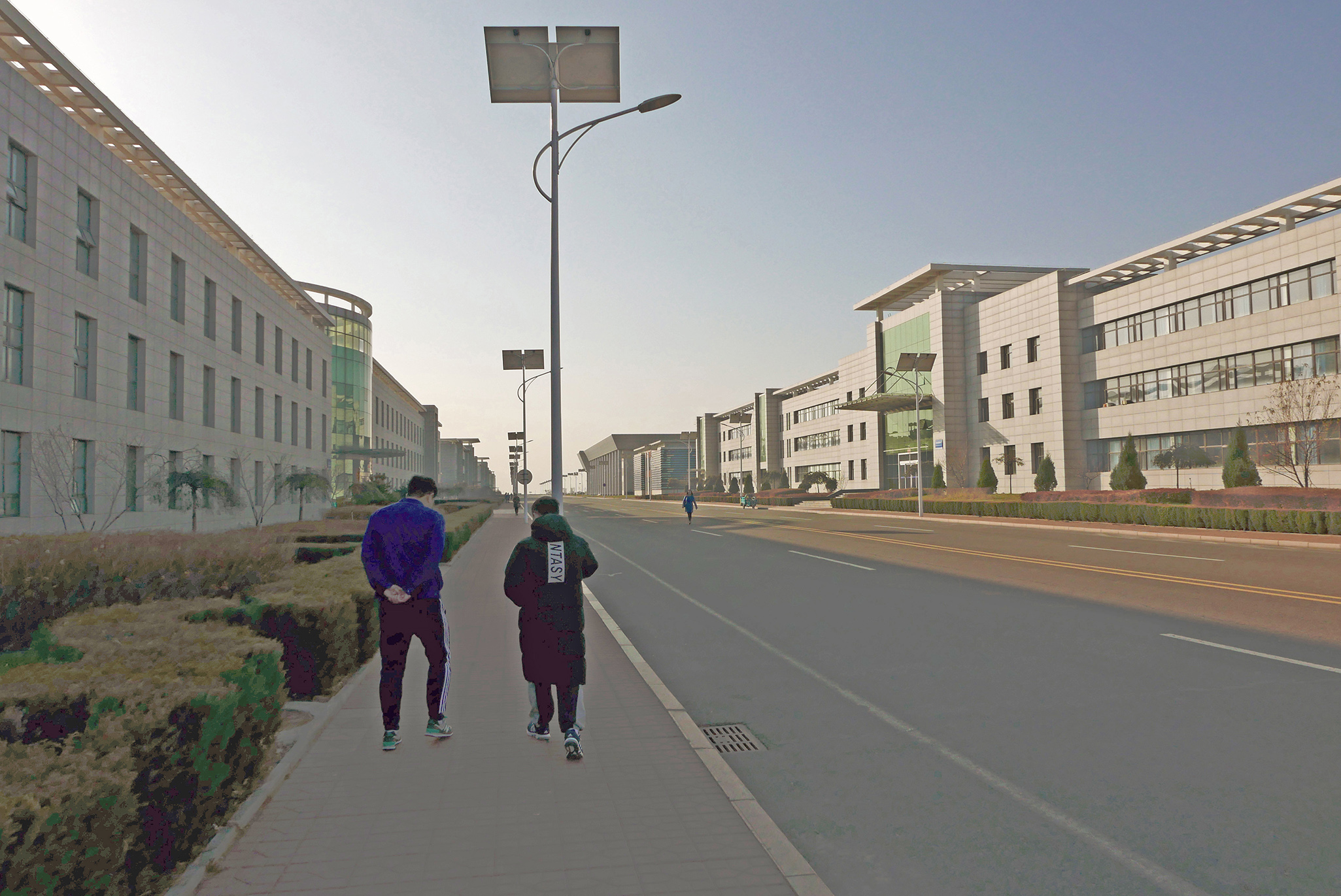- Afrikaans
- Albanian
- Amharic
- Arabic
- Armenian
- Azerbaijani
- Basque
- Belarusian
- Bengali
- Bosnian
- Bulgarian
- Catalan
- Cebuano
- China
- China (Taiwan)
- Corsican
- Croatian
- Czech
- Danish
- Dutch
- English
- Esperanto
- Estonian
- Finnish
- French
- Frisian
- Galician
- Georgian
- German
- Greek
- Gujarati
- Haitian Creole
- hausa
- hawaiian
- Hebrew
- Hindi
- Miao
- Hungarian
- Icelandic
- igbo
- Indonesian
- irish
- Italian
- Japanese
- Javanese
- Kannada
- kazakh
- Khmer
- Rwandese
- Korean
- Kurdish
- Kyrgyz
- Lao
- Latin
- Latvian
- Lithuanian
- Luxembourgish
- Macedonian
- Malgashi
- Malay
- Malayalam
- Maltese
- Maori
- Marathi
- Mongolian
- Myanmar
- Nepali
- Norwegian
- Norwegian
- Occitan
- Pashto
- Persian
- Polish
- Portuguese
- Punjabi
- Romanian
- Russian
- Samoan
- Scottish Gaelic
- Serbian
- Sesotho
- Shona
- Sindhi
- Sinhala
- Slovak
- Slovenian
- Somali
- Spanish
- Sundanese
- Swahili
- Swedish
- Tagalog
- Tajik
- Tamil
- Tatar
- Telugu
- Thai
- Turkish
- Turkmen
- Ukrainian
- Urdu
- Uighur
- Uzbek
- Vietnamese
- Welsh
- Bantu
- Yiddish
- Yoruba
- Zulu
Aug . 04, 2024 02:51 Back to list
Exploring Global Exporters in Metal Sand Casting Industry and Their Market Trends
The Global Landscape of Metal Sand Casting Exporters
Metal sand casting is a pivotal manufacturing process that produces intricate metal parts by utilizing sand molds. It involves pouring liquid metal into a mold created from sand, which solidifies into the desired shape once cooled. This technique has been integral to various industries, including automotive, aerospace, and construction. As demand for metal components continues to grow globally, the role of metal sand casting exporters has become increasingly significant in facilitating international trade and sourcing high-quality products.
In recent years, the landscape of metal sand casting exporters has evolved dramatically, influenced by advancements in technology, shifting global economies, and changing consumer demands. Countries with established foundry industries, such as China, India, and Germany, have emerged as leading exporters due to their vast manufacturing capabilities, skilled labor, and cost-effective production processes. These nations are equipped with modern equipment and technology, enabling them to produce high-quality metal castings that meet international standards.
China, in particular, has taken a dominant position in the metal sand casting sector. With its robust infrastructure and vast pool of manufacturers, the country has become a global manufacturing hub. Chinese exporters benefit from lower production costs, allowing them to offer competitive pricing. However, they face challenges related to quality control and environmental regulations, prompting many manufacturers to invest in sustainable practices and certifications to enhance their marketability abroad.
India has also carved out a significant share of the metal sand casting export market. The country's foundry industry is characterized by a blend of traditional techniques and modern technology, which fosters innovation and adaptability. Indian exporters are increasingly focusing on niche markets and specialized casting solutions, catering to industries ranging from automotive to marine. Moreover, the government initiatives promoting 'Make in India' have sparked interest and improved the quality standards of Indian castings, further boosting export potential.
metal sand casting exporters

Germany, on the other hand, is synonymous with precision engineering and high-quality manufacturing. German exporters often emphasize superior craftsmanship and the use of advanced technologies in their sand casting processes. While their production costs may be higher than those of their Asian counterparts, German castings are valued for their durability and precision, making them a preferred choice for industries that prioritize quality over cost.
However, the landscape is not limited to just these three countries. Emerging economies, such as Brazil and Mexico, are also making their mark in the metal sand casting export sector. As they enhance their technological capabilities and production standards, they are attracting global buyers looking for cost-effective solutions without compromising on quality.
The rise of Industry 4.0 and the integration of digital technologies into manufacturing processes are also reshaping the metal sand casting industry. Exporters are increasingly adopting automation, artificial intelligence, and data analytics to streamline operations, enhance production efficiency, and improve quality control. These innovations not only help in reducing costs but also enable exporters to provide tailored solutions to meet specific customer requirements.
In conclusion, the global market for metal sand casting exporters is dynamic and competitive, driven by the need for high-quality metal components across diverse industries. While established players like China, India, and Germany continue to dominate, emerging economies are also contributing to the growth and diversification of the sector. As the industry evolves with technological advancements and changing consumer demands, those exporters who embrace innovation and quality will thrive in the global marketplace. The future of metal sand casting exports appears promising, filled with opportunities for collaboration and growth in the international arena.
-
8mm Thin-Walled Cast Steel Manhole Cover Pallet Bottom Ring | Durable
NewsAug.04,2025
-
Premium Cast Iron Water Main Pipe: Durable, Corrosion-Resistant
NewsAug.03,2025
-
Durable Cast Iron Water Mains | AI-Optimized Systems
NewsAug.02,2025
-
High-Efficiency Propane Boiler for Baseboard Heat | Save Energy
NewsAug.01,2025
-
Premium Source Suppliers for Various Gray Iron Castings
NewsJul.31,2025
-
Durable Cast Iron Water Main Pipes | Long-Lasting
NewsJul.31,2025


